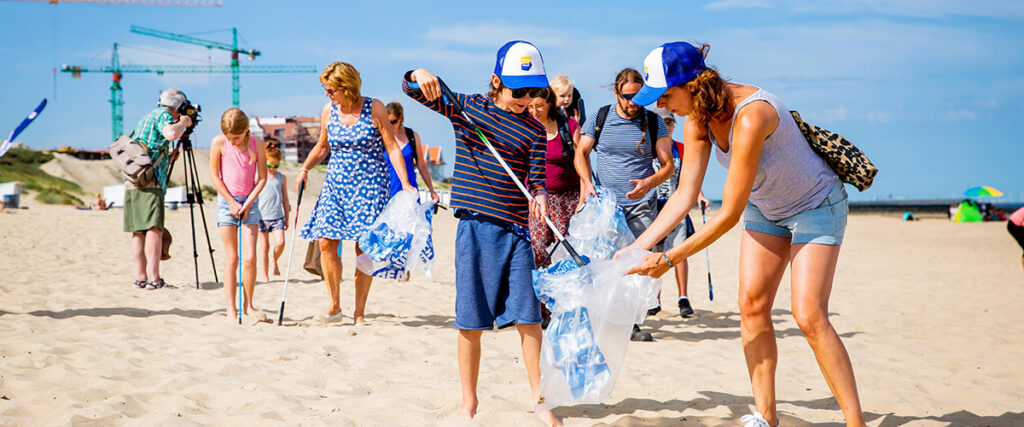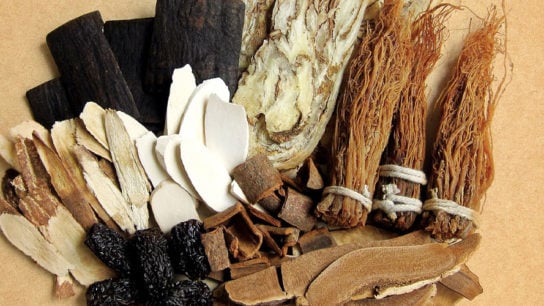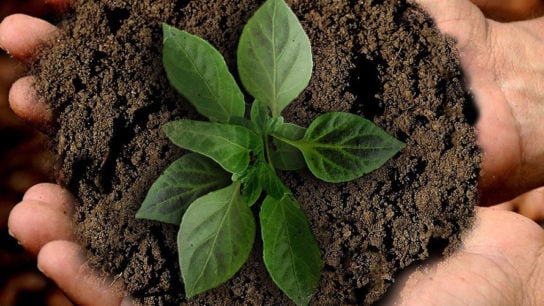A nurse by training and environmentalist by choice, Tracey Read has worked against plastic pollution for over a decade, fostering a community of like-minded citizens determined to turn the tide with Plastic Free Seas.
On the 25th of July, 2012, one day after Typhoon Vincente swept past Hong Kong, Tracey Read went down to a beach in Discovery Bay in search of some plastic waste she could use as a teaching tool, only to find that the entire beach was awash with plastic pellets. This was a result of an accident that had happened the previous night; six forty-feet long containers containing 168 tons of plastic pellets were hurled into the ocean by the typhoon, sparking a storm of media coverage about the dangers of microplastics in the ocean, as well as the severity of plastic pollution in the oceans around the centre of this was Tracey, then member of local green group DB Green, and now founder and CEO of the environmental organisation Plastic Free Seas, who, after more than ten years of work in the environmental field is still going strong, despite the mountain of rubbish that is in her way.
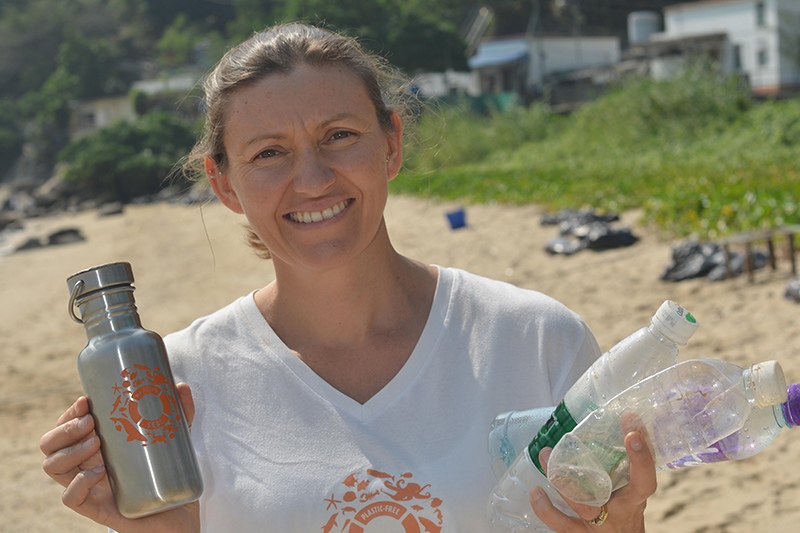
“It was really shocking seeing Hong Kong beaches for the first time; I’ve never seen so much rubbish anywhere,” Tracey begins as she talks about how she became involved in the environmental movement. It was 2005, and the Australian native had just moved to Hong Kong with her husband and newborn child. Prior to the move, the only time of year that Tracey visited the beach in Australia was at Christmas. “It was fantastic, and it was clean,” she remembers, “I don’t ever recall seeing rubbish.”
Not one to turn a blind eye, she volunteered to do a beach cleanup when a friend of hers started DB Green, an environmental organisation in Discovery Bay. “We had fifty people there, we removed 1500 kilograms from the beach, and it was amazing,” Tracey says of the experience, which lead her to hosting more beach cleanups and sharing her work with secondary students across the city.
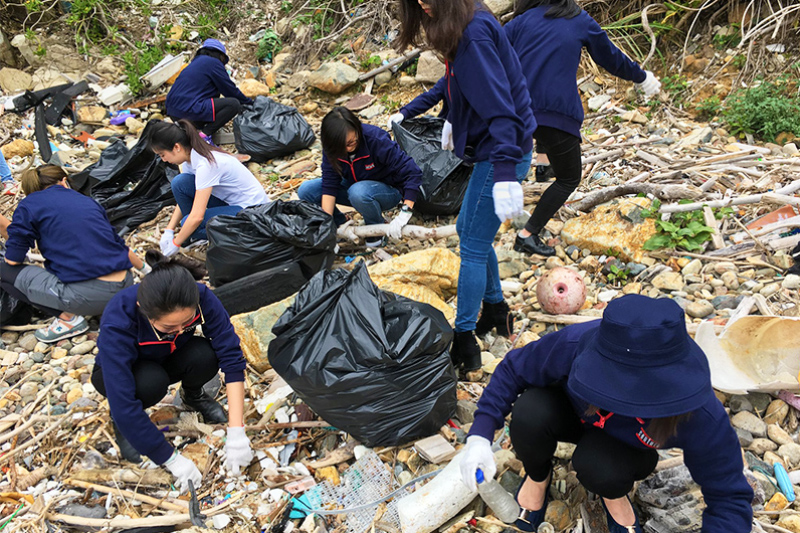
But the real catalyst for starting Plastic Free Seas came much later, in 2012, when she embarked on a research expedition to the Great Pacific Garbage Patch. For twenty eight days, and accompanied by eleven others, Tracey sailed from Japan to Hawaii, conducting sea-surface trawls throughout the journey. The closer they got to the center of the patch, the more dense the plastic became, “it was more like a plastic soup rather than a floating landfill.” It was then she realised how deeply serious the problem was, and that a more organised effort was needed to combat it effectively. Thus, upon her return to Hong Kong, Plastic Free Seas was born.
Since then, the NGO has dedicated itself to “advocating change in the way we all view and use plastics in society today.” That includes everything from orchestrating campaigns about certain issues, such as the banning of plastic straws, to conducting beach cleanups across the city. “I’m really surprised at how many people are keen to come out to the beaches,” says Tracey, “Now, almost every beach cleanup is new people.” The same enthusiasm can be seen in companies, who contact Plastic Free Seas to arrange cleanups as Corporate Social Responsibility events. So far, Tracey has worked with multinational banks, insurance companies and law firms, as well as airlines and clothing corporations. “It’s amazing how many people contact us, and it is fantastic that Hong Kong people are more aware and want to do something,” she says. “I think the best thing about Hong Kong is the can-do spirit. Honestly, I’ve never been to another place where everybody is supportive and wants to see you succeed.”
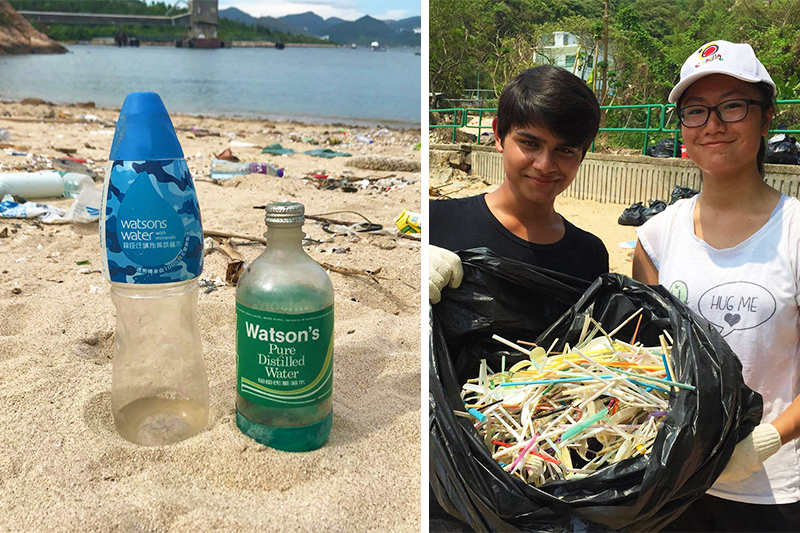
Another key component of the organisation is their focus on education. Tracey and her team have talked to over 30,000 students and worked with more than 120 schools in Hong Kong to date. By bringing plastic found on the beaches into the classroom, mostly food and drink packaging or polystyrene boxes the fishing industry, and showing students bite marks from fish on the plastic waste, students can better comprehend how serious the problem is and how it affects their daily lives. Often, they are shocked by the statistics: 5 trillion floating pieces of plastic are currently contaminating the world’s waters, with eight million tons more entering the ocean each year. In Hong Kong’s waters, there is an average of 5,000 pieces of microplastics per square meter – 2.4 times higher than the concentration found in the United States, according to a study by the Education University of Hong Kong. “Cleaning beaches is something the kids can absolutely do. They can go out and clean a beach and see the results … I think it’s great for kids to be able to feel like they are really making a difference,” she explains.
As efforts have continued to rise to combat the issue of plastic waste, Tracey says she has seen a marked improvement in the cleanliness of beaches over the years, though there is still a lot of work to be done. One important aspect that cannot be ignored is legislation. She cites Taiwan’s ban on single-use, disposable plastics as an example Hong Kong can follow. In the meantime, Tracey believes that people can still make changes in their everyday lives to combat the issue, because after all, “We’re all part of this problem, but we’re all part of the solution as well.”
Related Articles
8 Sustainability Startups in Hong Kong to Watch
Distinctive Action: The Sustainability Startup Reducing HK’s Plastic Waste
Christina Dean: The Woman Leading a Global Movement in Fashion Sustainability
